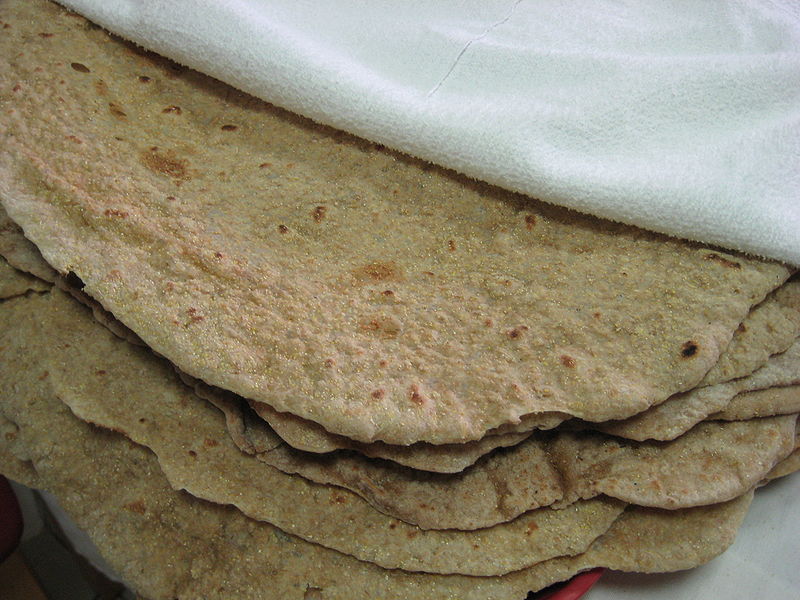
 |
Freethought & Rationalism ArchiveThe archives are read only. |
|
|
#31 | |
|
Veteran Member
Join Date: Jun 2010
Location: seattle, wa
Posts: 9,337
|
So what is really being said here? There is some evidence from Augustine that Manichaeans apparently venerated melons. But I am suspicious of these claims. More likely than not the material goes back to a typical attack on the part of Irenaeus (the person through whom Tertullian's Latin translation of Justin passed through the hands of) against the heresies as we read in Book One of his Against Heresies:
Quote:
Clearly Tertullian—like Irenaeus before him—associated melons with folly. In Against Marcion 2.18 Tertullian commented on the insanity of the Israelites’ longing for a return to Egypt: “When, again, the law took somewhat away from men’s food, by pronouncing unclean certain animals which were once blessed, you should understand this to be a measure for encouraging continence, and recognize in it a bridle imposed on that appetite which, while eating angels’ food, craved after the cucumbers and melons of the Egyptians.” Tertullian intentionally left out other foods mentioned in Numbers 11:5 (e.g., delicious leeks and aromatic onions). |
|
|
|
|
|
#32 | ||
|
Veteran Member
Join Date: Nov 2011
Location: UK
Posts: 3,057
|
Quote:
Though, when the Jerusalem disciples broke bread in their homes, they didn't really get it. Yes, it was ok to break bread, as long as it reminded them of what Jesus had done, but this is not actually necessary. The person who gets up in the morning forgetting that Jesus died for him or her is very unlikely to be a Christian. The person who never has 'communion' is in no way disobedient to Christ, if his or her mind is 'the mind of Christ'. Of course, the political control-freak elements of society won't agree. |
||
|
|
|
|
#33 |
|
Veteran Member
Join Date: Nov 2005
Location: United Kingdom
Posts: 3,619
|
And he took bread (Gk. artos), and gave thanks, and brake it, and gave unto them, saying, This is my body which is given for you: this do in remembrance of me. (Luke 22:19).
The Last Supper had nothing in common with the Passover. Jesus used ordinary bread in the last supper |
|
|
|
|
#34 | |
|
Veteran Member
Join Date: Nov 2011
Location: UK
Posts: 3,057
|
Quote:
|
|
|
|
|
|
#35 | |
|
Veteran Member
Join Date: Jun 2010
Location: seattle, wa
Posts: 9,337
|
Could the think wafer have been sun-baked? This doesn't help that argument but it testifies to the kind of bread the Marcionites certainly used:
Quote:
 Markook, also known as Shrak (Arabic: مرقوق، شراك) is a type of flatbread common in the countries of the Levant. It is baked on a domed or convex metal griddle, known as "saj". It is usually large, about 2 feet in diameter, and thin, almost translucent. Similar to the procedures for making some other flatbreads, the dough of markook is flattened and kept very thin before cooking, resulting in a very slender depth. It is usually folded and put in bags before being sold. It is commonly compared to pita bread, which is known in Mediterranean cuisine. http://en.wikipedia.org/wiki/Markook The reference to the fact that markook is commonly compared to pita is significant because I noticed over the weekend that the Mandaeans use pita in their baptism rites and interesting refer to their ritual washing as murqa from the common Aramaic root mrq to cleanse, purify, anoint. The problem with the bread being sun-dried - aside from its feasibility - is that it is impossible to imagine that it could get hot enough to make a wafer. 
|
|
|
|
|
|
#36 |
|
Veteran Member
Join Date: Nov 2005
Location: United Kingdom
Posts: 3,619
|
Leavened bread has always been used in the Eastern Church. Marcion would have known this
In the Orthodox Church “Mystical Supper.” the purpose of the Eucharistic celebration is not to “recreate” or “reproduce” a past event but, rather, to participate in an event that is beyond time and space. |
|
|
|
|
#37 |
|
Veteran Member
Join Date: Jun 2010
Location: seattle, wa
Posts: 9,337
|
Right but Marcion's 'heresy' was to agree with the Roman rite.
|
|
|
|
|
#38 |
|
Veteran Member
Join Date: Nov 2011
Location: UK
Posts: 3,057
|
How terrifying is Christianity!
|
|
|
|
|
#39 |
|
Veteran Member
Join Date: Jun 2010
Location: seattle, wa
Posts: 9,337
|
I should clarify that modern markouk seems to use leaven. The idea however is that it was thin is what I was trying to draw attention.
|
|
|
|
|
#40 | |
|
Veteran Member
Join Date: Jun 2010
Location: seattle, wa
Posts: 9,337
|
Quispell's summary of Clabeaux:
Quote:
|
|
|
|
| Thread Tools | Search this Thread |
|